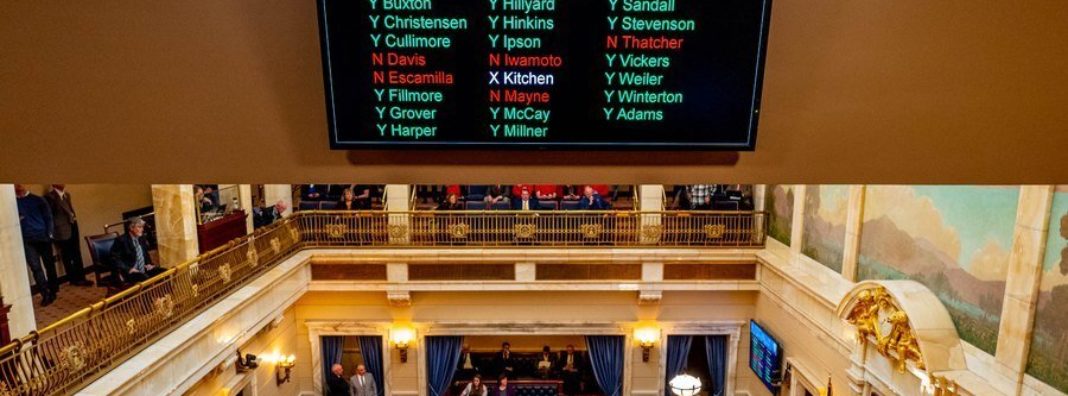
New Years in Utah brings a new tax system for the state. Overall, Utahns will see a tax cut along with new, targeted programs for those in need. Though, tax reform skeptics have begun gathering signatures for two separate repeal efforts in order to undo the changes.
Those critical of the tax reform should be applauded for their desire to help those in need and the best way to ensure that is by not making the perfect the enemy of the good. While not flawless, Utah’s tax reform is a great start to modernizing the tax code, lowering rates, and offering better services to those who need it most.
Diving into the data to take a hard look at what will come of Utah’s tax reform shows a lot to be hopeful for. For example, the top of the line numbers shows a huge overall tax cut. More than $160 million will now stay in local communities to be spent as Utahns see fit.
Much of that tax cut comes from income tax reductions, something that most Utah families will benefit from. Yet this change will mainly benefit middle-class families, not those with small incomes. That’s why four other programs were created to help those in need.
Those programs include a tax credit for dependents, for Social Security income, for earned income and a grocery credit. The state estimates that those tax credits are worth $291 million — all of which goes to those who need it most.
Most of the costs of these targeted programs will be paid for by the increased tax on groceries. Despite the fact that this tax will be offset by positives elsewhere, taxing food understandably raises moral indignation. It’s easy to let that first impression distort reality, but giving in to that would be bad public policy.
As it turns out, exempting food from sales tax is not as effective at helping low-income people as targeted programs.
Exempting food means that Wonder Bread, peanut butter and ground beef go untaxed, yes. It also means that caviar, filet mignon and lobster avoid taxes, even though they’re likely only purchased by wealthier individuals. The grocery tax exemption is the wrong tool to help those in need because it’s not precise enough.
The new tax reform package will also require sales tax be paid on currently untaxed services, and this change has also sparked complaints. In fact, most of the services affected are more likely to be consumed by the wealthy than the poor. For example, pet grooming, maid services, and the electricity that runs ski lifts will now be taxed under the new law.
Of course, there is always more to do when it comes to improving tax policy. Overall, the final plan taxes far fewer services than were included in the beginning. For example, legal and financial services still remain untaxed, something that could easily be fixed to ensure tax equality across goods and services. Instead of attempting to repeal the entire tax reform, the best way to improve Utah’s tax code would be lowering overall rates by taxing all services fairly and eliminating loopholes for the politically powerful.
Still, Utah’s recent tax reform is a step in the right direction. We shouldn’t make the perfect the enemy of the good. Knee-jerk efforts to reverse tax reform without maintaining the improvements will not make Utah’s economy more competitive and will hurt those in need. If the current reforms remain in place, Utahns will find that tax reform brings more to their wallets and dinner tables in 2020.
As the times change, so should our tax code. Let’s be optimistic about tax reform and find ways of improving it and our community in the next decade.


 The Salt Lake Tribune
The Salt Lake Tribune